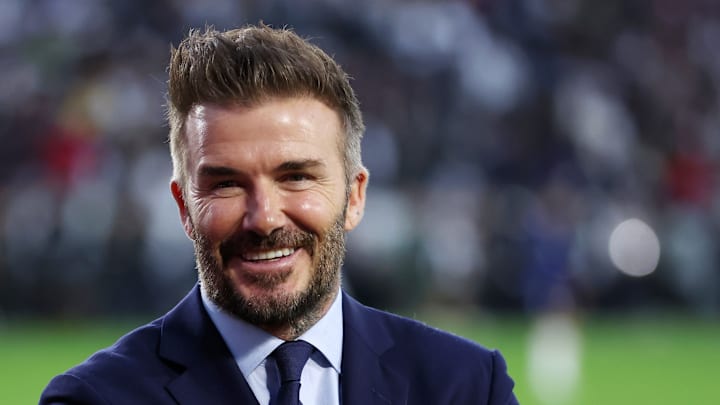Looking at the sports landscape in the United States, there’s this almost legendary tale about David Beckham’s arrival in Major League Soccer (MLS). It wasn’t just another high-profile signing; it was the start of a revolution, masked as a multimillion-dollar deal. Beckham, already a global icon, touched down with the LA Galaxy in 2007, and from that moment on, MLS was changed forever. The impact of the “Beckham Rule” — letting clubs sign up to three players above the salary cap — still echoes today, drawing eyes from around the world and elevating soccer in the U.S. in a way that’s nothing short of remarkable, almost miraculous, some might say.
The rule’s original goal was clear as day: bring in big-name talent, personalities who could captivate the American crowd and put MLS on the world map. And guess what? It worked! Beckham was the first to cross the Atlantic, but soon after, other big names followed in his footsteps like an unstoppable wave.
Follow MLS Multiplex on X (Twitter).
The Designated Player Rule wasn’t just a minor adjustment to the rulebook; it was an open door to ambition. While other American sports leagues keep tight control over their stars’ salaries, MLS opted to go flexible, opening up a pathway for marquee players through exceptional contracts. Beckham, for instance, signed for an estimated $250 million, a staggering figure at the time — almost unthinkable. And that deal didn’t just bring in a star player.
In a country where soccer was always a sideshow compared to the giants like the NFL, NBA, and MLB, these icons brought a fresh breath of life to the sport. But the rule’s impact goes beyond just visibility. It’s also a strategy to hold fans’ attention over the long run. After all, every game with a global star is a chance to attract not just the average American but also immigrants who already live and breathe soccer as a lifelong passion.
Since then, the rule hasn’t just brought in international stars; it’s given clubs the chance to shape their rosters with a blend that goes beyond sheer talent. With up to three Designated Player spots, each team can sprinkle in a bit of flavor, balancing stars and young players without blowing up their finances.
As we head into 2024, the game’s evolving with fresh adjustments. The league rolled out a series of tweaks that give clubs even more freedom. For instance, teams can now use General Allocation Money to lessen the salary hit from a Designated Player — opening up space for more strategic signings without busting the budget. So, if clubs want, they can ease the financial burden of their star players, making room for other targeted signings.
And by the way, there’s a whole new approach now in using these spots for promising young talents through the U22 Initiative. This recently introduced measure shows MLS is not just looking for big-name stars but also for future playmakers.
For 2024, there’s a new twist — each club must lock in its strategy before the secondary transfer window closes, adding an extra layer of planning and pressure for managers. If a club decides it's time to swap out a Designated Player, it can happen, but with a few strings attached; no one wants to lose control of their roster or miss a big payday. This detail is huge, especially since the league’s rules prioritize the financial stability of each team.
It’s impossible to ignore the cultural impact here. Since Beckham first stepped onto the MLS field, soccer’s interest has only grown — so much so that we now see teams like Inter Miami competing head-to-head with bigger clubs. The “Beckham Rule” came, it stayed, and, more than that, it transformed what might have been just a regional league into a powerhouse that grows every year. The initial vision of drawing top players worked, and now we’re seeing MLS build its legacy with fresh talent, keeping loyal fans hooked while pulling in new ones every season.
